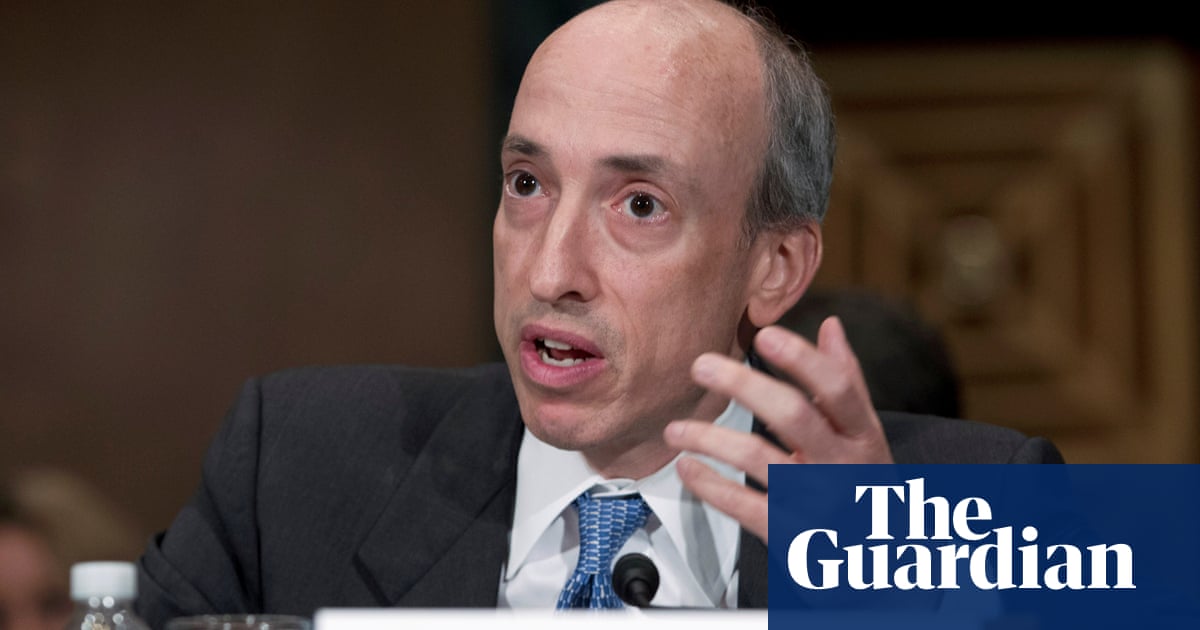SEC Chair Wants To Regulate Cryptocurrency

The chair of the US Securities and Exchange Commission (SEC) has called on Congress to give the agency more authority to police cryptocurrency trading, lending and platforms, a “wild west” he said was riddled with fraud and investor risk.
Gary Gensler said on Tuesday that the crypto market involved many tokens that may be unregistered securities and left prices open to manipulation and millions of investors vulnerable to risks.
“This asset class is rife with fraud, scams and abuse in certain applications,” Gensler told a global conference. “We need additional congressional authorities to prevent transactions, products and platforms from falling between regulatory cracks.“
Cryptocurrencies reached a record capitalization of $2tn in April as more investors stocked their portfolios with digital tokens, but oversight of the market remains patchy.
The industry has been waiting with bated breath to see how Gensler, a Democratic appointee who took the SEC helm in April, will approach oversight of the market, which he has previously said should be brought within traditional financial regulation.
On Tuesday, Gensler provided more insight on his thinking, saying he would like Congress to give the SEC the power to oversee cryptocurrency exchanges.
He also called on lawmakers to give the SEC more power to oversee crypto lending and platforms like peer-to-peer decentralized finance (DeFi) sites that allow lenders and borrowers to transact in cryptocurrencies without traditional banks.
“If we don’t address these issues, I worry a lot of people will be hurt,” he said.
The Democratic senator Elizabeth Warren has been pressing regulators to get a grip on the market, which she described in a July letter to Gensler as “highly opaque and volatile”.
Gensler responded by asking Congress to consider granting him more autonomy to regulate the sector.
On Tuesday, he also underscored that “stock tokens, a stable value token backed by securities, or any other virtual product that provides synthetic exposure to underlying securities … are subject to the securities laws”.
READ MORE HERE
